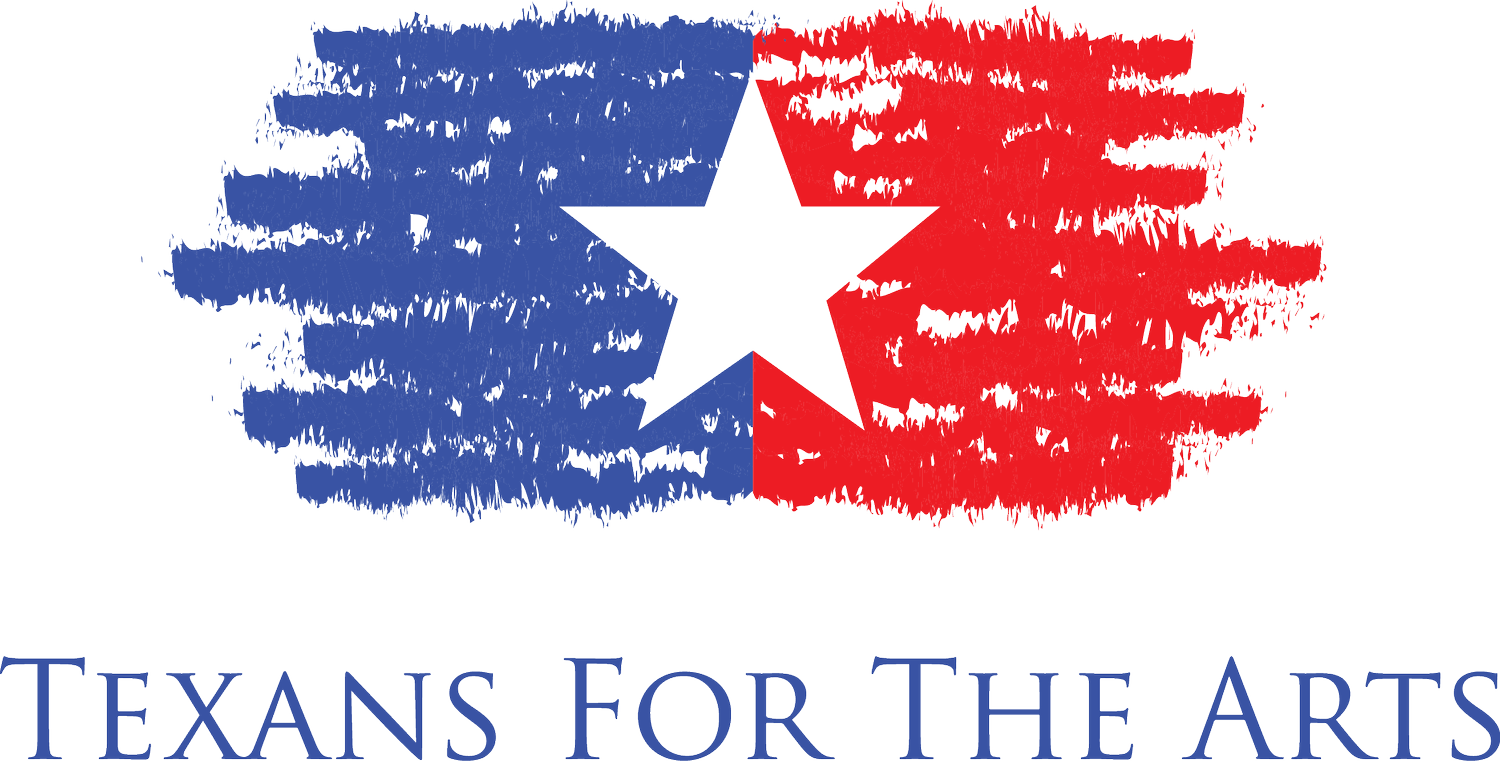When the arts thrive, our communities thrive.
Welcome to the Hotel Occupancy Tax Toolkit
From El Paso to Longview, Wichita Falls to Brownsville, Odessa to Corpus Christi
—and everywhere in between—
our Texas communities benefit when artists and the arts have a presence.
Texans for the Arts Foundation has developed an online resource for arts, municipal, hotel, and tourism leaders sharing everything need to know about Texas’ Municipal Hotel Occupancy Tax, Chapter 351 of the Texas Tax Code and how to utilize it for the arts.
Generous Support for the HOT Toolkit provided by:



